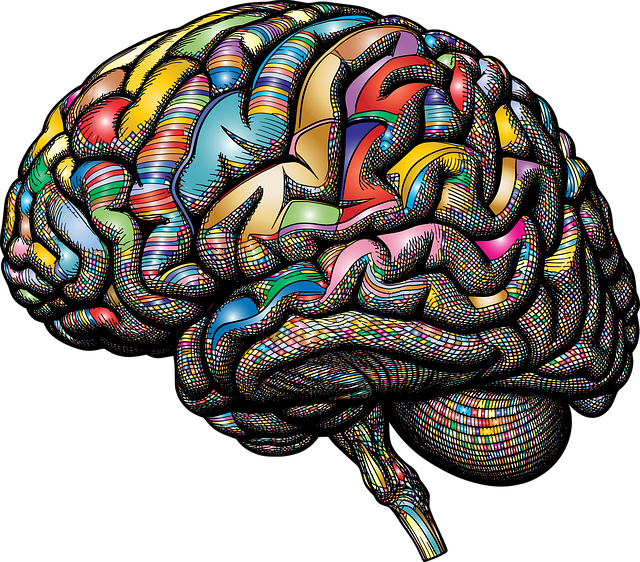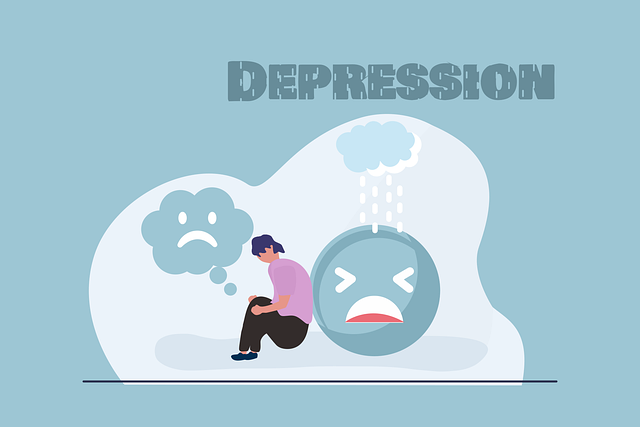Mental illness diagnoses require a collaborative approach using methods like Westminster Cognitive Processing Therapy (WCPT) to identify specific conditions. This therapy, combined with building resilience through self-care strategies and compassion cultivation, empowers individuals to manage their mental health effectively. Healthcare professionals play a vital role in teaching emotional regulation skills and fostering support networks for improved recovery outcomes.
Mental illness diagnosis and treatment can be a confusing, daunting journey. This article provides a comprehensive guide, breaking down complex processes into understandable steps. We explore understanding mental illness diagnoses through to effective treatment options, including the benefits of Westminster Cognitive Processing Therapy (WCPT). Learn how to navigate systems, find personalized support, and build resilience through essential self-care strategies for successful long-term management.
- Understanding Mental Illness Diagnoses: Unraveling the Process
- The Role of Westminster Cognitive Processing Therapy (WCPT) in Treatment
- Navigating Treatment Options and Finding the Right Support
- Building Resilience: Self-Care Strategies for Effective Management
Understanding Mental Illness Diagnoses: Unraveling the Process

Mental illness diagnoses are complex processes that require a deep understanding of an individual’s symptoms and overall well-being. The journey often begins with a comprehensive evaluation, where healthcare professionals meticulously examine one’s history, behavior, and cognitive functions. This initial stage is crucial in differentiating between various mental health conditions, ensuring the right course of action. For instance, Westminster Cognitive Processing Therapy (WCPT) focuses on identifying and modifying negative thought patterns to enhance emotional well-being.
The diagnosis process involves a collaborative effort between patients, therapists, and psychiatrists. Through detailed discussions, psychological assessments, and sometimes medical imaging, professionals unravel the unique challenges faced by each individual. By recognizing these barriers, healthcare providers can offer tailored interventions, fostering inner strength development and resilience building. Additionally, burnout prevention strategies for healthcare providers are essential to ensure they can effectively navigate this intricate process over time.
The Role of Westminster Cognitive Processing Therapy (WCPT) in Treatment

Westminster Cognitive Processing Therapy (WCPT) plays a pivotal role in modern mental health treatment navigation, offering a structured approach to address various psychological conditions. This evidence-based therapy focuses on modifying unhelpful thought patterns and behaviors, empowering individuals to manage their mental illness effectively. By combining cognitive restructuring techniques with personalized processing exercises, WCPT facilitates emotional healing processes.
The therapeutic framework encourages active participation, enabling clients to gain insights into their thoughts, emotions, and behaviors. This introspective journey is facilitated through various tools and strategies that promote emotional well-being promotion techniques. Moreover, community outreach program implementations centered around WCPT have shown promising results in fostering support networks, enhancing accessibility to care, and ultimately improving overall emotional healing outcomes.
Navigating Treatment Options and Finding the Right Support

Navigating treatment options for mental health can be a daunting task, but with the right support, individuals can find their path to recovery. One effective approach gaining traction is Westminster Cognitive Processing Therapy (WCPT), designed to help patients understand and manage their thoughts and emotions. This therapy focuses on building resilience by identifying negative thought patterns and replacing them with healthier alternatives.
In addition to WCPT, compassion cultivation practices have emerged as valuable tools for mental health management. By fostering a sense of self-compassion and empathy towards others, individuals can develop a more positive mindset, enhancing their overall well-being. Together with increased Mental Health Awareness, these strategies empower people to take control of their journey, ensuring they receive the tailored support needed to thrive.
Building Resilience: Self-Care Strategies for Effective Management

Building resilience is a key component in effectively managing mental illness and navigating treatment pathways. This involves adopting self-care strategies that empower individuals to take control of their emotional well-being. Techniques such as mindfulness meditation, regular physical exercise, and maintaining a balanced diet can significantly enhance one’s ability to cope with stress and regulate emotions. Westminster Cognitive Processing Therapy (WCPT), for instance, emphasizes cognitive restructuring techniques designed to challenge negative thought patterns and promote healthier perspectives.
Additionally, mental health professionals play a crucial role in teaching emotional regulation skills through risk assessments and personalized interventions. By integrating self-care practices into daily routines, individuals can foster resilience, reduce symptoms, and improve overall quality of life. This holistic approach, combined with evidence-based therapies like WCPT, ensures that patients are equipped to navigate their mental health journeys with increased confidence and a greater sense of agency.
Mental illness diagnosis and treatment can be a complex journey, but with the right navigation assistance, individuals can find their path to recovery. By understanding the diagnostic process and exploring therapeutic options like Westminster Cognitive Processing Therapy (WCPT), one can gain valuable insights into effective treatment. Additionally, adopting self-care strategies encourages resilience, enabling individuals to actively manage their mental health. Remember, with access to appropriate support and a tailored approach, navigating mental illness is possible, leading to improved well-being and a brighter future.














